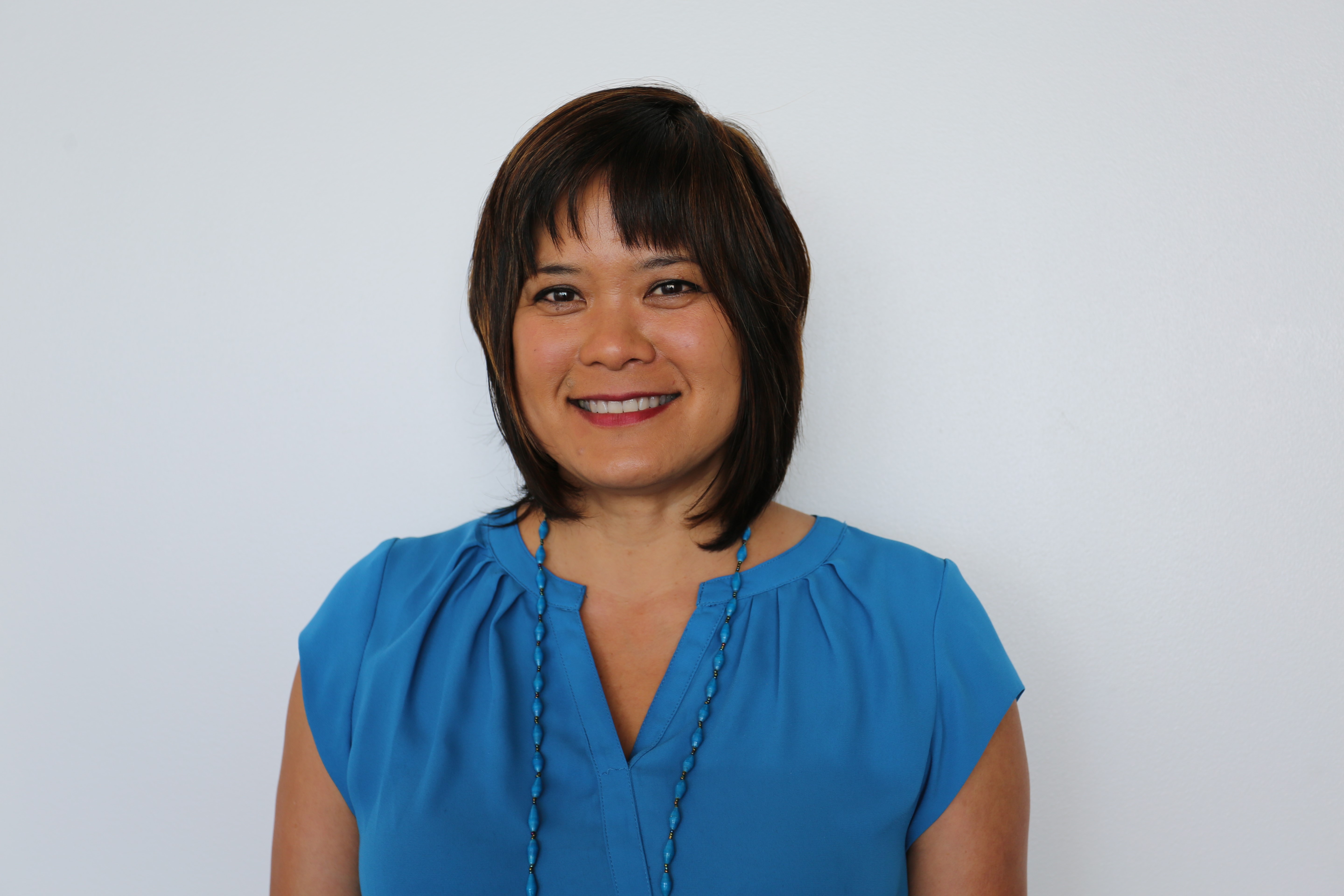
The shortage of affordable housing is a pernicious problem that people have tried to tackle in various ways, but Fay Darmawi’s approach may be especially novel: starting a film festival.
Darmawi applies her education—a BA in urban studies from the University of Pennsylvania and a master of city planning degree from MIT—as an affordable-housing activist. For the past 15 years, the San Francisco resident has consulted for banks, investment funds, and neighborhood organizations to help finance community development projects in underserved communities.
Earlier in her career, Darmawi managed a team of affordable-housing loan originators for Bank of America, and later she ran Silicon Valley Bank’s equity portfolio invested in low-income housing tax credits. Along the way, she started taking screenwriting classes as a hobby. Then she had twins and wanted a more flexible schedule. So she began to work in housing finance in underserved communities while also immersing herself in the film industry.
She combined her interests in 2014 to found the SF Urban Film Fest, which pairs screenings of films about housing issues with panel discussions “so the issues are unpacked for viewers,” she says. “Film is the ‘hook’ that attracts people to come, and the panel is what educates.” Fest films in 2017 included Brooklyn Farmer (2015), about efforts to run a commercially viable farm across the rooftops of New York City, and Drugs in theTenderloin, a 1966 documentary on the gritty San Francisco neighborhood.
The event also offers storytelling workshops for city planners that qualify for continuing-education accreditation. “So we’re legit, if not exactly profitable,” she says.
Darmawi traces her interest in cities and inequality to her childhood in Jakarta, Indonesia. Her father was a Chinese-Indonesian lawyer who experienced discrimination because of his ethnic background. “He had ambition and intelligence—he knew how to overcome obstacles if it meant working within or around the system. I find him inspirational,” says Darmawi, who lives in the Bay Area with her teenage sons.
“Our family was primed to ask questions about inequality. We had lots of conversations about development and yearly Oxfam fasts,” she says. “I had an orientation toward questions of public policy, structural inequality, and how urban design affects a lot of that, so urban planning seemed like a natural professional choice.”
Keep Reading
Most Popular
Large language models can do jaw-dropping things. But nobody knows exactly why.
And that's a problem. Figuring it out is one of the biggest scientific puzzles of our time and a crucial step towards controlling more powerful future models.
How scientists traced a mysterious covid case back to six toilets
When wastewater surveillance turns into a hunt for a single infected individual, the ethics get tricky.
The problem with plug-in hybrids? Their drivers.
Plug-in hybrids are often sold as a transition to EVs, but new data from Europe shows we’re still underestimating the emissions they produce.
Stay connected
Get the latest updates from
MIT Technology Review
Discover special offers, top stories, upcoming events, and more.